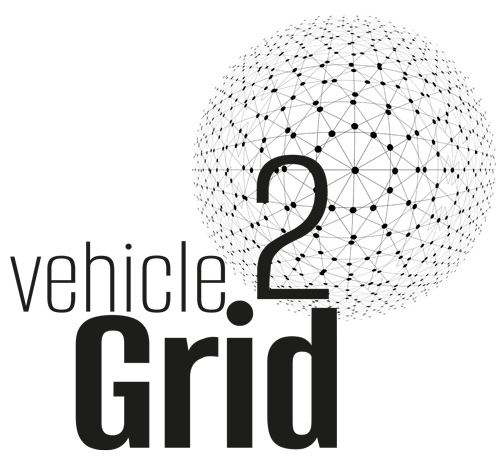Summary:
Due to the steadily increasing expectations of end users on the range, longevity and ecological compatibility of lithium-ion battery systems, intensive work is being done on the development of new material systems for lithium-ion batteries. Among the most promising approaches are both improved liquid electrolyte systems (e.g. silicon composites or sulfur cathodes) and solid-state systems (e.g. with lithium metal anodes). Both are characterized by significant volume changes in the double-digit percentage range during cycling (at cell level). These volume changes result in varying and inhomogeneous internal cell pressures, which lead to accelerated cell aging. This poster presents different approaches developed within the project „KoDI – Kompensation von Druckschwankungen im Inneren von Batteriezellen“ (BMBF 03XP0399E) to compensate for these volume and pressure variations. The goal is to achieve a full-surface and homogeneous compression with a constant pressure level (within a defined range) by adapting the cell housing. To obtain industrially viable solutions, requirements regarding the integration capability in modules and systems (e.g. shape or connections) as well as with regard to production (e.g. piece count capability or integration in existing process chains) are defined. Taking these requirements into account, methods of inventive problem solving (e.g. CATWOE or TRIZ) are used to derive suitable compensation mechanisms as well as concepts for their production processes. The poster presents three such compensation mechanisms and discusses their characteristics as well as advantages and disadvantages. Looking forward, the upcoming challenges and next steps for the protoypical validation of these approaches are described. These address, for example, the construction of a system for quantifying occurring pressure fluctuations as well as a hardware system for simulating the occurring volume and pressure fluctuations. In summary, the approaches presented for compensating pressure and volume fluctuations serve as an essential step towards enabling new material systems in electromobility.
We are happy to forward your request / feedback.

